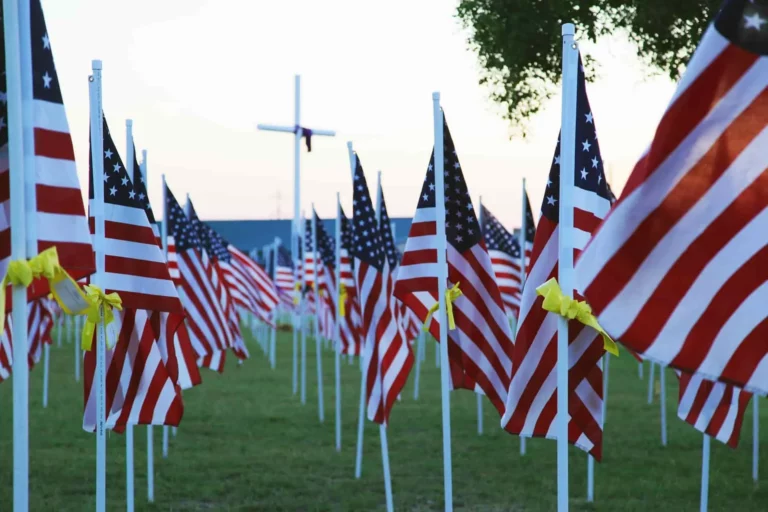Florida’s First District Court of Appeal Allows Child’s Wrongful Death Suit to Continue

Personal injury and wrongful death actions often use expert witnesses to help explain complex matters to the jury about the extent of the injury, or the cause of the injury. To qualify as an expert witness, Florida requires the person testifying to meet the established criteria of § 90.702, Fla. Stat. (2014). The expert must have the knowledge, skill, experience, training, or education required to relay an opinion to the fact-finders based on sufficient facts or data, applying reliable principles and methods to the facts of the case.
The state’s First District Court of Appeals issued an opinion at the end of last year, Baan v. Columbia County (1D15-0092), which reviewed a lower court’s decision to exclude the expert witness testifying for the estate of a deceased child. The expert was called by the estate to testify about the standard of care that should have been used by the county’s emergency medical services (EMS) when they responded to a call reporting an infant struggling to breathe. The trial judge, upon the motion of the defendants, excluded his testimony, which led to the dismissal of the estate’s case through summary judgment. The estate appealed, and the appellate court determined whether the exclusion of the witness and the dismissal of the case were improper.
EMS was called to respond to an 11-month-old child in respiratory distress, who was then in the care of an aunt. They arrived but left the scene within 10 minutes of arriving after showing the aunt how to use a nebulizer. A neighbor testified that the child was not examined and that she held him the whole time, but EMS had a report stating that the child was examined and had normal vital signs. This report also relayed that EMS personnel were told the child had been diagnosed with asthma and concluded that the child likely had an asthma attack prior to their arrival. A note was additionally made that the child had throat congestion, which was cleared upon coughing.
Less than an hour after EMS left, another 911 call was made, saying the child was not breathing at all. A neighbor, who was a trained emergency medical technician, testified that the child was lying on the floor face up with his face turning blue, and he turned him over to let the large amounts of mucus and fluid drain from his mouth and nose. EMS arrived again and later described the child similarly. On this run, the child was taken to a hospital and placed on a mechanical ventilator. Despite these efforts, the child died the next day.
The estate’s expert, after reviewing the testimony and the medical records of the child, concluded that EMS breached the current professional standard of care by not putting the child in the ambulance with oxygen during the first run and taking the child to the hospital. The expert opined that had this been done, the child would have survived. The expert pointed out that the failure to do so went against the EMS’ own protocol for “respiratory distress.” The expert determined that the child should have been taken to a hospital on the first run, based on his history of asthma and his inability, as an 11-month-old, to verbalize any need for help.
The trial court agreed with the defendants’ motion to exclude him as a witness, but the appellate court reversed this decision, finding the doctor to be well-qualified to testify as an emergency physician with over 30 years of experience. The appellate court also found that the doctor used reliable methods and based his opinion on the the evidence available. The Court of Appeals felt the trial court over-stepped its role, stepping into the shoes of the jurors, who are given the task of weighing the credibility of the testimony against all the evidence. The case was remanded back to the trial court, and the estate is now allowed to pursue the action once again.
The Florida wrongful death attorneys at Donaldson & Weston can aggressively pursue your case so that you can hold the at-fault parties accountable through the civil court system. For a free, confidential consultation, contact our office at 772-266-5555 or 561-299-3999.
More Blog Posts:
Florida District Appeals Court Reviews Notice Requirements for Insured to Receive Personal Injury Protection Benefits, South Florida Injury Lawyer Blog, October 13, 2015
Knowing How a Rejection of Uninsured/Underinsured Auto Insurance Coverage in Florida Affects You and Your Family, South Florida Injury Lawyer Blog, October 6, 2015
